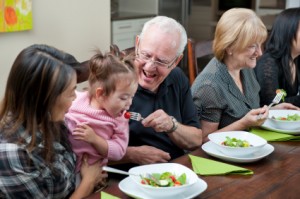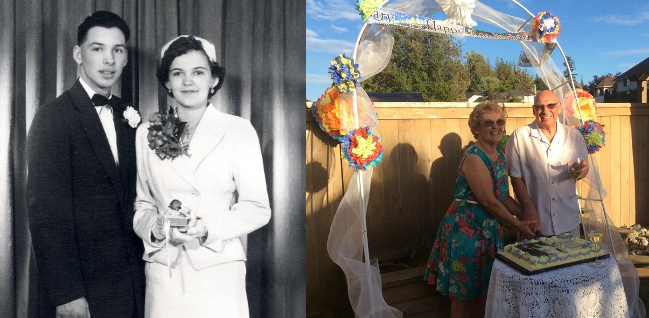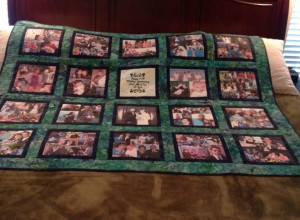February is a unique month with so many celebrations, including Black History Month. There are important messages about family stories for young children, no matter our heritage.
Children’s sense of self is interwoven with their family and family history. So much so that it’s sometimes called “the intergenerational self.” (The Intergenerational Self: Subjective Perspective and Family History, by R. Fivush, J. Bohanek and M. Duke) This knowledge of who we are and where we come from affects us deeply. Strength, security, and resilience are impacted by family stories and connections.
For those of you that follow this blog, you will know this is a recurring theme. Young children need to have a sense of family. With daycares, preschools, kindergarten, before and after school programs and more being part of the reality for so many kids, family provides continuity and connection. This is an excerpt from a previous post:
In the article, The Family Stories That Bind Us, Dr. Sara Duke explains that creating a connection to others and family history contribute to a child’s sense of belonging. This is a deep emotional need for all of us. The stories of ancestors gives kids a perspective of being part of something beyond just the present and themselves. Over the years, these form an inner resource to later help children thru tough times.
For a play-of-the-day, perhaps you and your child could look thru some photos. These might be in a book or on a screen. Just think of how Facebook pops up with memory photos for you. Are there some favorite family stories? You could tell about when you were a child. Kids often love to hear these stories.
Family stories for young children do not have to be happily-ever-after ones. There will be sad and scary ones. In our family, we talk about the grandma who died before the grandkids were born. We also include the happy note in the story that she loved penguins and books. You will find ways to balance your family stories too.
Do you share your family heritage with your children?



